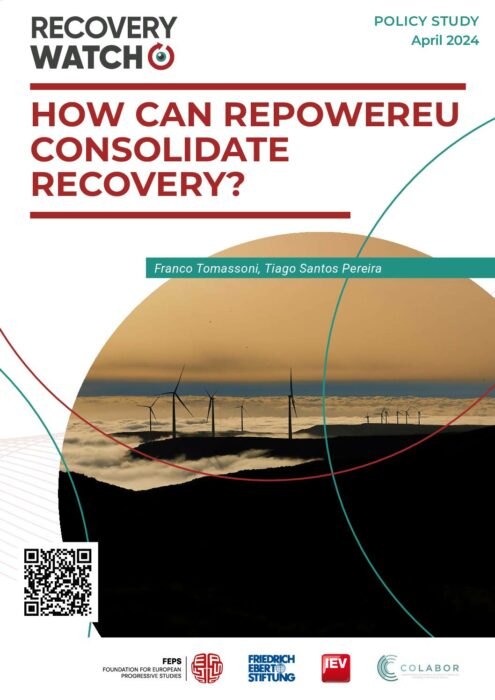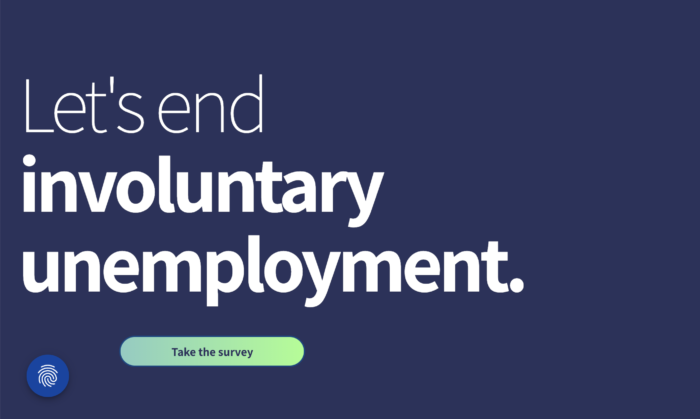Find all related publications
Publications
Find all related events
Events
Past
03 - 04/02/2026
FEPS HQ
30/01/2026
FEPS HQ (Expert meeting)
16/05/2025
Rome, Italy (Expert meeting)
Load more...
Find all related news
News
Find all related in the media
In the media











